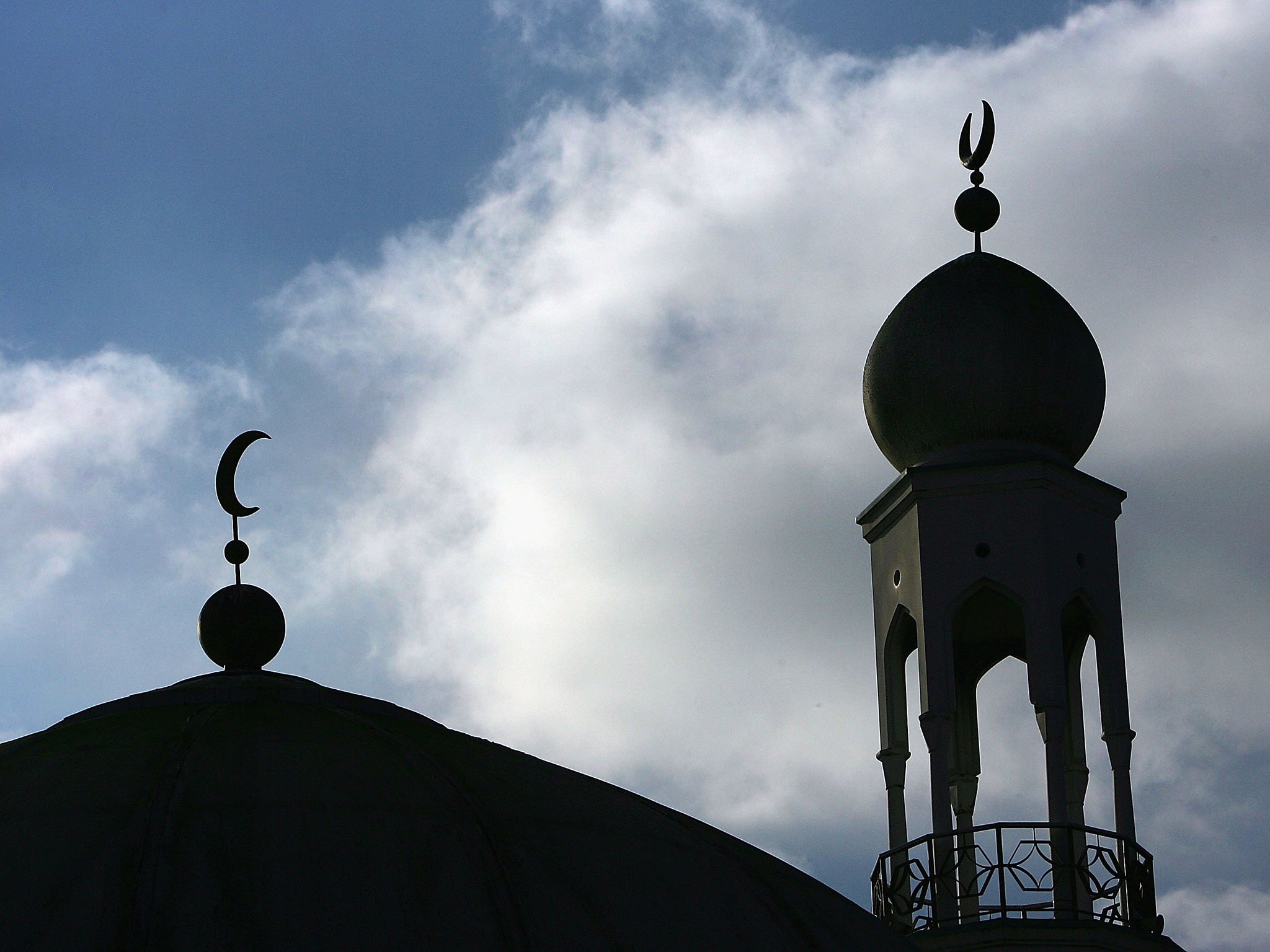Sharia courts in the UK should be stopped from presiding over divorces, campaigners warn
The Independent revealed the courts keep women in 'marital captivity' and fail to properly report domestic violence

Sharia courts should be prevented from presiding over divorces and other family matters, and the Government should stop them from becoming an alternative legal system, campaigners will warn this week.
The calls to act against the controversial courts are being made in a letter signed by more than 150 organisations and individuals which will be delivered to the Prime Minister on Thursday.
This comes after The Independent revealed how sharia courts are keeping women in “marital captivity” and failing to properly report domestic violence.
Among the signatories to the letter are the Iranian and Kurdish Women's Rights Organisation; the Quilliam Foundation; the philosopher AC Grayling; and the National Secular Society.
“Successive governments have appeased undemocratic religious power brokers in minority communities who have sought to gain power through multicultural and now multi-faith social policies,” says the letter.
This has resulted in “outsourcing legal justice to what are in effect kangaroo courts that deliver highly discriminatory and second-rate forms of ‘justice,’” and the Government should prevent “the development of parallel legal systems.”
It adds: “Opposing ‘Sharia courts’ is not racism or ‘Islamophobic’; it is a defence of the rights of all citizens, irrespective of their beliefs and background to be governed by democratic means under the principle of one law for all.”
The Government should reverse cuts to legal aid, to ensure equal access to justice for all. And it should abandon plans to scrap the Human Rights Act, something which is needed to “challenge the arbitrary and unaccountable power of ‘Sharia courts,’” states the letter, which has been written in response to a Government-commissioned review of the sharia courts.
The use of these courts and other religious arbitration forums in family matters should be abolished “since they undermine the principle of equality, non- discrimination and universal human rights that must be enjoyed by all,” it argues.
But Dr Omer El-Hamdoon, spokesperson for the Muslim Association of Britain (Mab), said: “In the main, Sharia courts help Muslim women to achieve closure on their religious marriages; and they provide a good and needed service to the community.”
Nobody should be forced to go to a sharia court but the right of an individual to choose a sharia court as an arbitrator should be respected by others, according to Mab.
However, Gita Sahgal, executive director, Centre for Secular Space, and one of those behind the letter, said: “The practice of sharia councils not only undermines the rule of law in Britain, but also the rule of law in Muslim majority countries.”
Another signatory, Pragna Patel, director, Southall Black Sisters, said: “We are aware of many cases where women have been denied a divorce even though they have been deserted by their partners or have been subject to violence and abuse.” She added: “In the majority of cases, they are left at risk of further violence and abuse.
And Keith Porteous Wood, executive director, National Secular Society, commented: “A key priority must also be to educate Muslim women, some of whom have no knowledge of British justice, that the secular courts are there to protect them, and that when they marry they should insist on a civil marriage too.”
In a statement, a Home Office spokesperson said: “The Government is committed to an independent review to understand the extent to which Sharia may be being misused, or applied in a way which is incompatible with the law in the UK.”
They added: “This review will be formally established shortly and we expect an initial report to be issued to the Home Secretary in 2016.”
The Islamic Sharia Council in London did not respond to requests for comment.
Bookmark popover
Removed from bookmarks